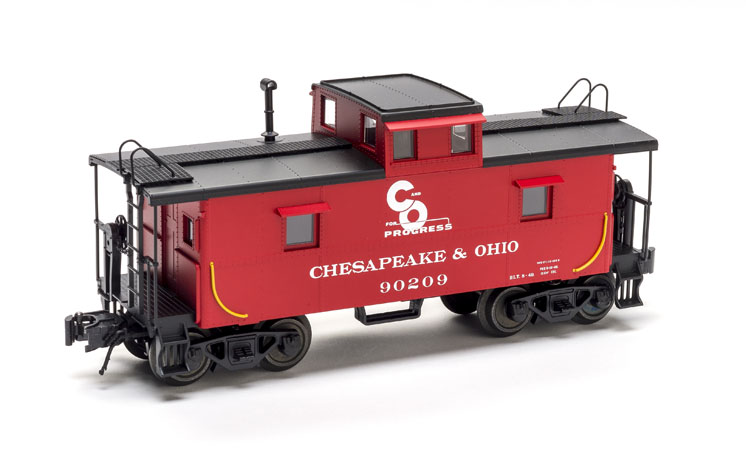
How do I add lighting to cabooses? Q: I have five modern-era cabooses, four Lionel and one Atlas O, and I would like to add interior lighting to them. How do I do it? A: The first consideration is finding bulbs that glow warmly without getting too hot for the plastic caboose bodies. This shouldn’t […]
Read More…
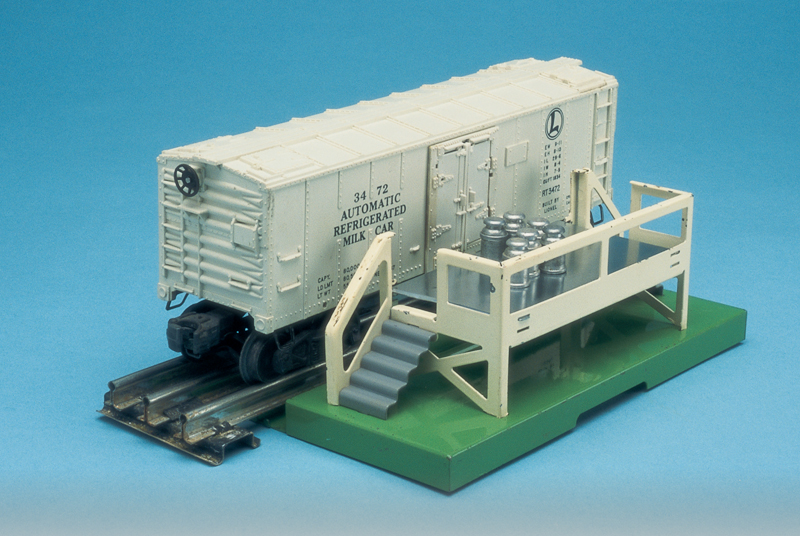
What kind of transformer do I need to power 10 accessories? On my layout, I am adding a row of 10 operating accessories: nos. 164 log loader, 175 rocket launcher, 342 culvert loader, 345 culvert unloader, 352 ice depot, 397 coal loader, 445 switch tower, 456 coal ramp, 3356 horse car, and 3472 milk car. […]
Read More…
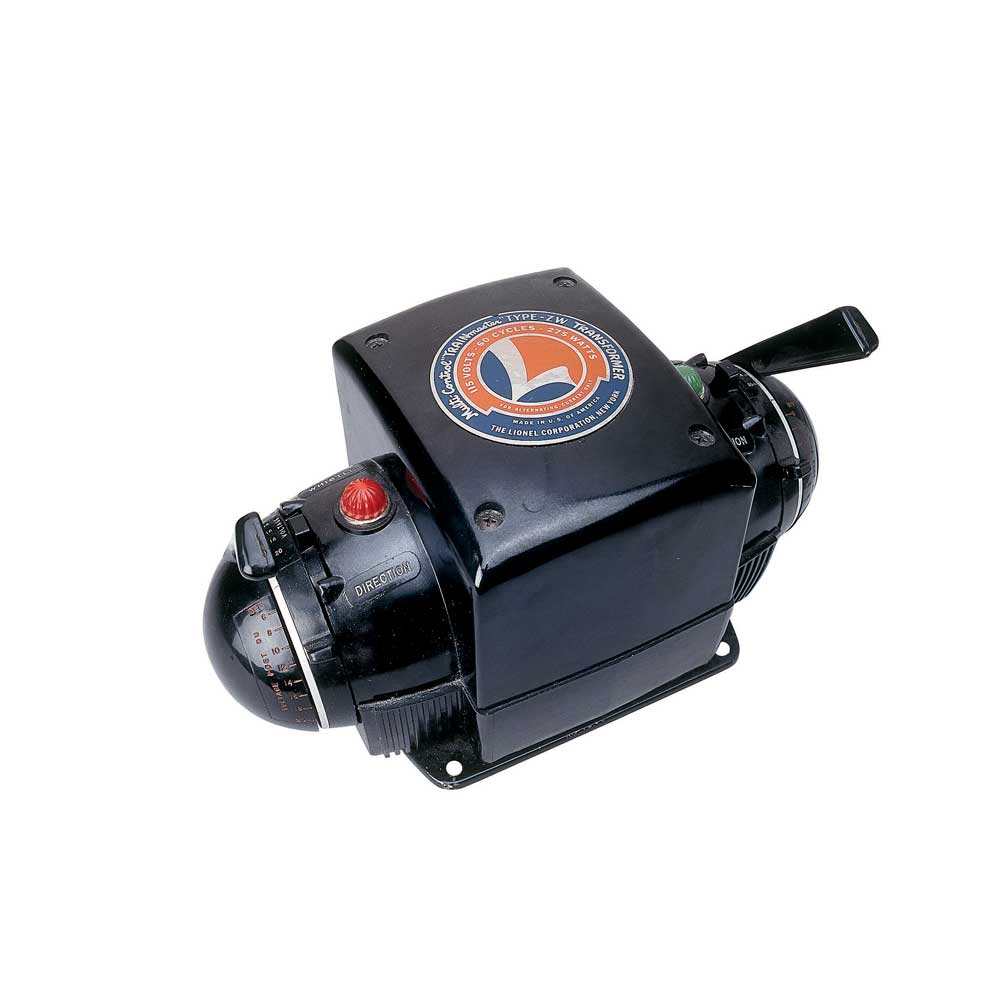
Do I need to add a circuit-breaker? Q: I have three postwar Lionel ZW transformers powering my layout. Until recently, I have run only postwar Lionel motive power on it. Now I also have some newer MTH locomotives. I was cautioned by a fellow operator to install a circuit breaker that will trip instantly in […]
Read More…
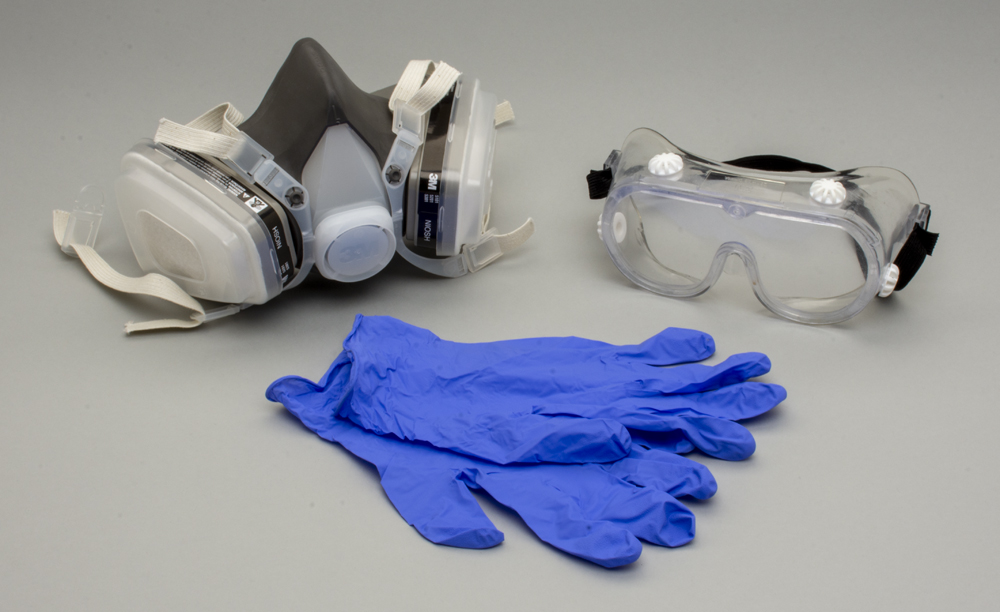
How do I remove paint from old plastic freight cars? Q: I have some old Lionel plastic freight cars that I want to repaint in railroad colors. Will you please advise me how to remove the paint from these cars without damaging the plastic. A: The best paint remover I’ve found for use on plastic […]
Read More…
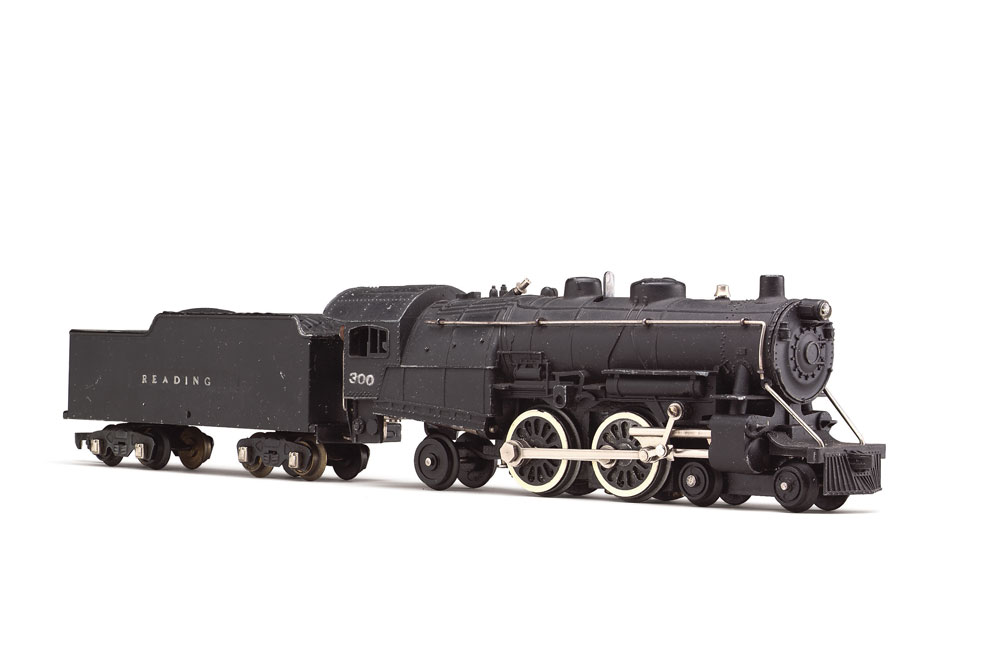
Why do the brass wheels on my Flyer tender spark? Q: I have an American Flyer No. 300AC Atlantic 4-4-2 steam locomotive. The brass wheels (only on one side of each tender truck) spark badly when they roll along my vintage American Flyer track. Could you tell me if the wheels need regular cleaning? I […]
Read More…
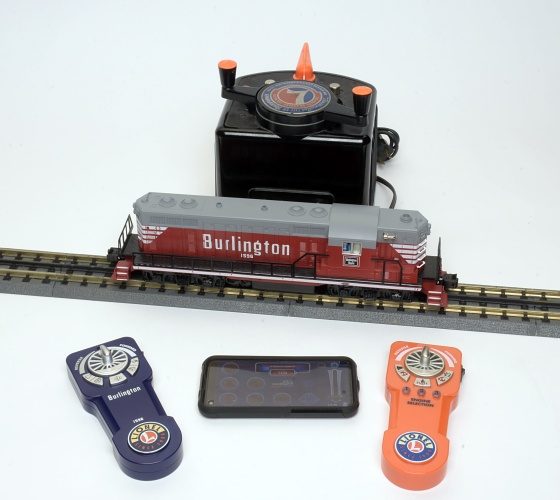
Why do my trains slow down when I run them? Q. When I got back into the toy train hobby, I bought an MRC dual-contact transformer. Now I’m building a 13- by 16-foot layout with three track loops that are connected with switches. When I run several trains, things slow down. Should I consider buying […]
Read More…
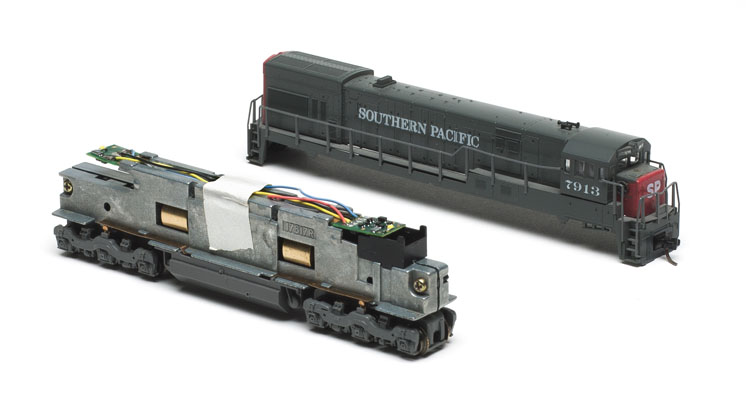
DCC decoder advice for N scalers: Any argument about powering a layout with Digital Command Control (DCC) ended for me many years ago. If you have more than one locomotive it’s the way to go, and the easiest way to get going is to purchase engines that come with the decoder already in there. This […]
Read More…
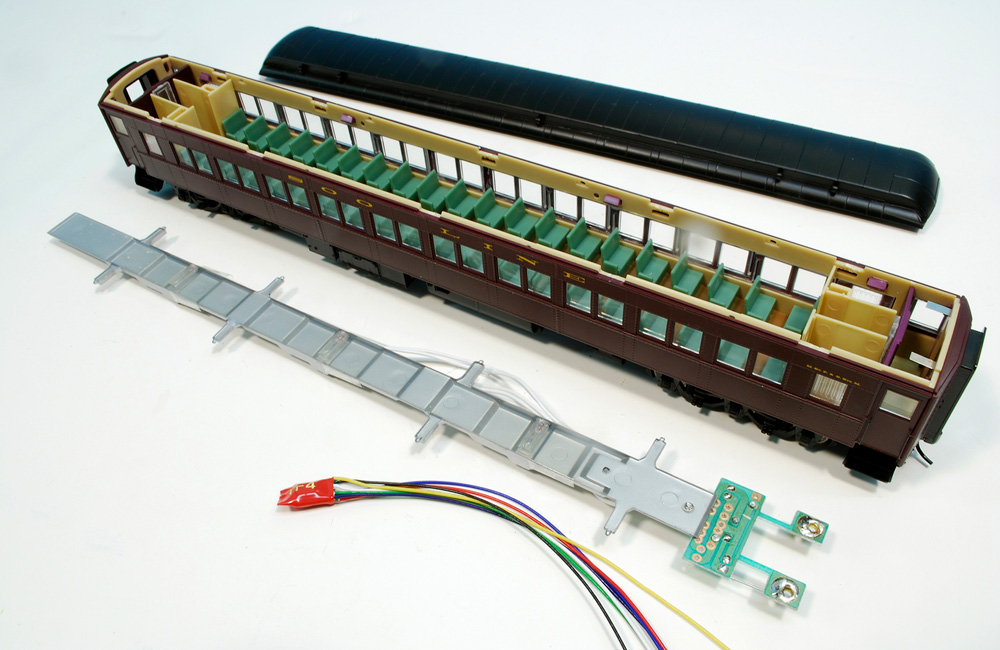
Q: I have some HO scale passenger cars that I would like to install LED lights into. I’m new to model railroading. I understand that I need decoders in each car, but after that, I’m lost. – Alex Laserson A: If you want to install passenger car interior lighting, you don’t absolutely have to use […]
Read More…
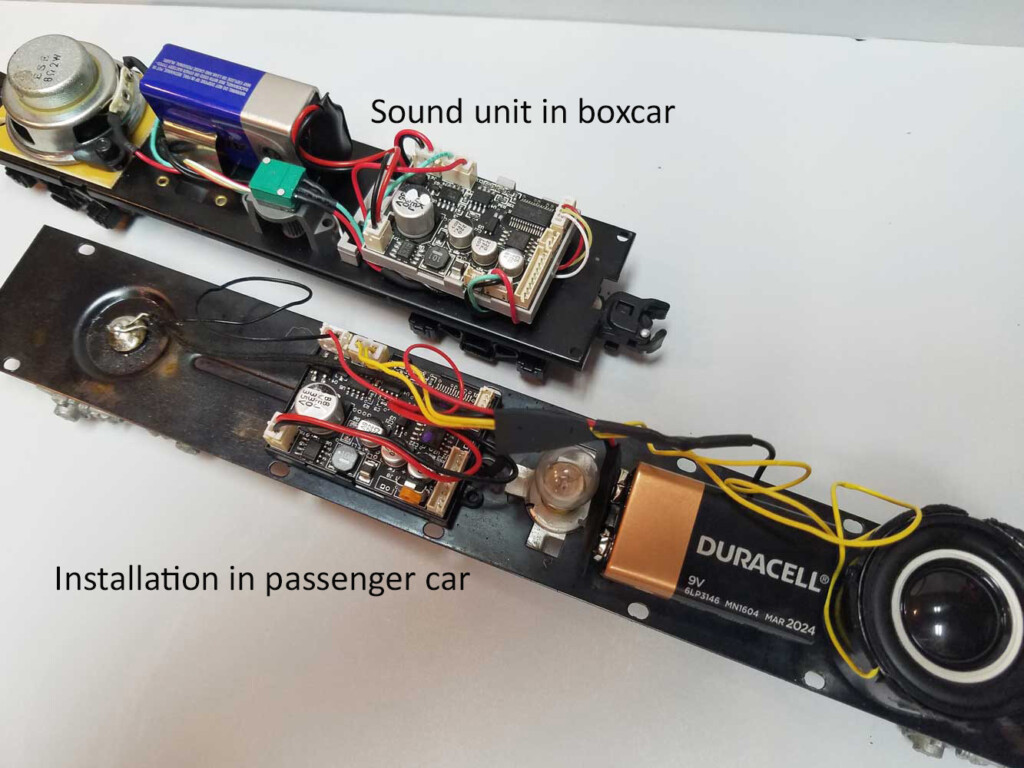
Adding diesel sound to American Flyer trains is easier than ever thanks to ready-made electronics. If you can accomplish basic wiring tasks, you can install the needed components. I run a mix of postwar American Flyer and Flyer produced by Lionel. That means with newer stuff I’m quite used to the sounds of modern electronics […]
Read More…
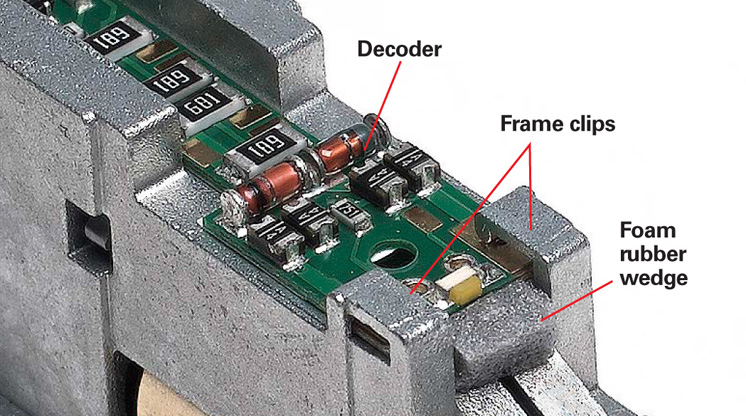
N scale decoder woes: This month I’m going to vent about a round of recent frustrations dealing with N scale Digital Command Control (DCC) decoder installations. The villain of the story will be the Internet, but in an unexpected twist of plot, that same villain shall emerge as the hero. The moral is that the […]
Read More…
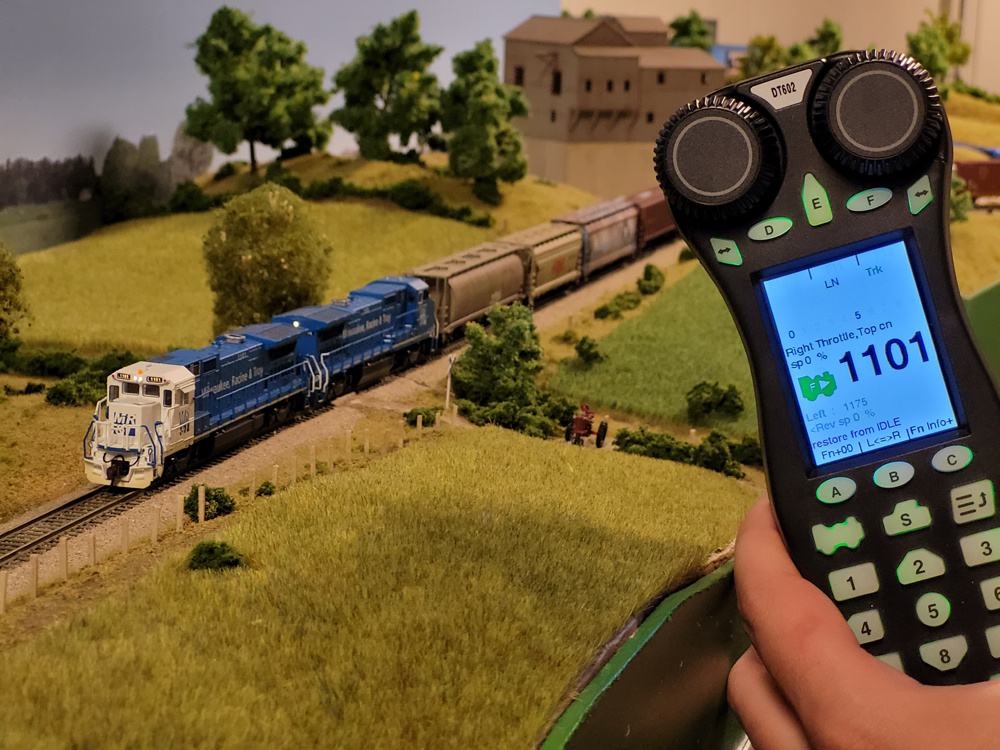
Running a locomotive around a layout is fun, but eventually you may want to make your train to be powered by more than one engine. On the railroad this is called “multiple-unit operation.” If you have two or more DCC-equipped locomotives, you can run your own multiple-unit locomotive consists. This article will explain how to […]
Read More…
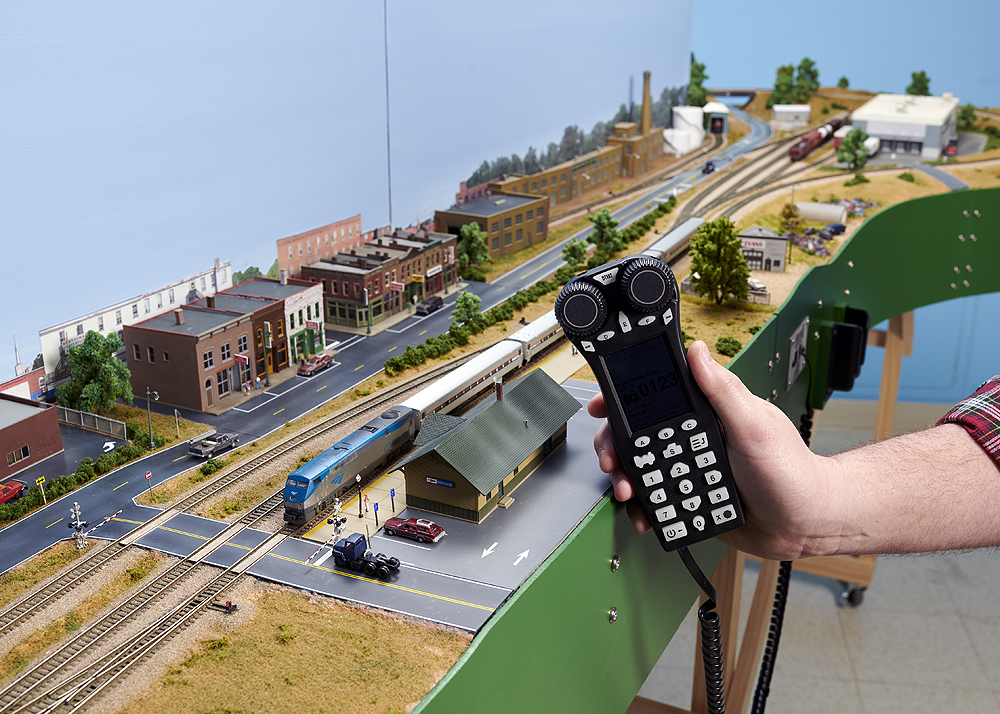
Why use Digital Command Control? Related to this is whether you should, so I’ll start by answering that first, and say the answer is yes, you should. Now, as the reasons why? Let’s make a list, shall we? Why use Digital Command Control for locomotives? Digital Command Control (DCC) allows your locomotives to do more. […]
Read More…












